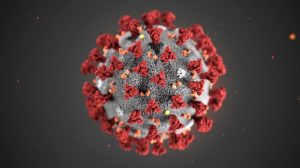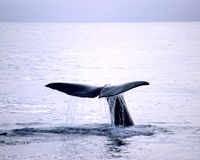According to a study published by the Australian Scientific Agency (ASA) on the 12th of October, the coronavirus can survive for at least 28 days on surfaces such as plastic and steel at room temperature (20 degrees Fahrenheit). Furthermore, the Organisation for Scientific and Industrial Research of the Commonwealth of Australia (CSIRO) believe that the SARS-CoV-2, responsible for the pandemic which has infected more than 37 million people worldwide and caused more than a million deaths, can survive for 10 days longer than the flu virus.
The CSIRO report states that “at 20 degrees Celsius, the virus proved to be extremely strong and survived for 28 days on smooth surfaces such as glass screens on mobile phones and plastic cards. At 30 degrees Celsius, the virus’s chances of survival drop to 21 days on paper notes and seven days on plastic cards or stainless steel surfaces. If temperatures reach 40 degrees Celsius, SARS-CoV-2 can survive for 48 hours on plastic surfaces, one day on glass, steel and paper, but less than 16 hours on cotton clothing.”
The researchers, whose studies suggests that high temperatures reduce the possibility of covid-19 infections, inserted viruses into artificial mucus and placed similar amounts of samples taken from infected patients on various surfaces. Then they isolated the coronavirus again for a month under conditions of variable temperature, placing the samples in the dark, to remove the effect of ultraviolet rays.
In conclusion they believe that “although the precise role of surface transmission, the degree of contact and the amount of virus required for infection have yet to be determined, they have established how long this virus survives on different surfaces.”
The director of the Australian Centre for Disease Preparedness at CSIRO, Trevor Drew, explained that survival times depend on the type and quantity of viruses, the type of surface, environmental conditions or the way it is expelled from the body. However, human proteins and fats significantly increase the virus’s survival time.”
Scientists hope the discovery will contribute to developing risk reduction strategies in areas of high contact and to try to understand the apparent persistent spread of the virus in cold environments which are contaminated with proteins and lipids, such as slaughterhouses.
Samantha Gannon
info at madeira-weekly.com






